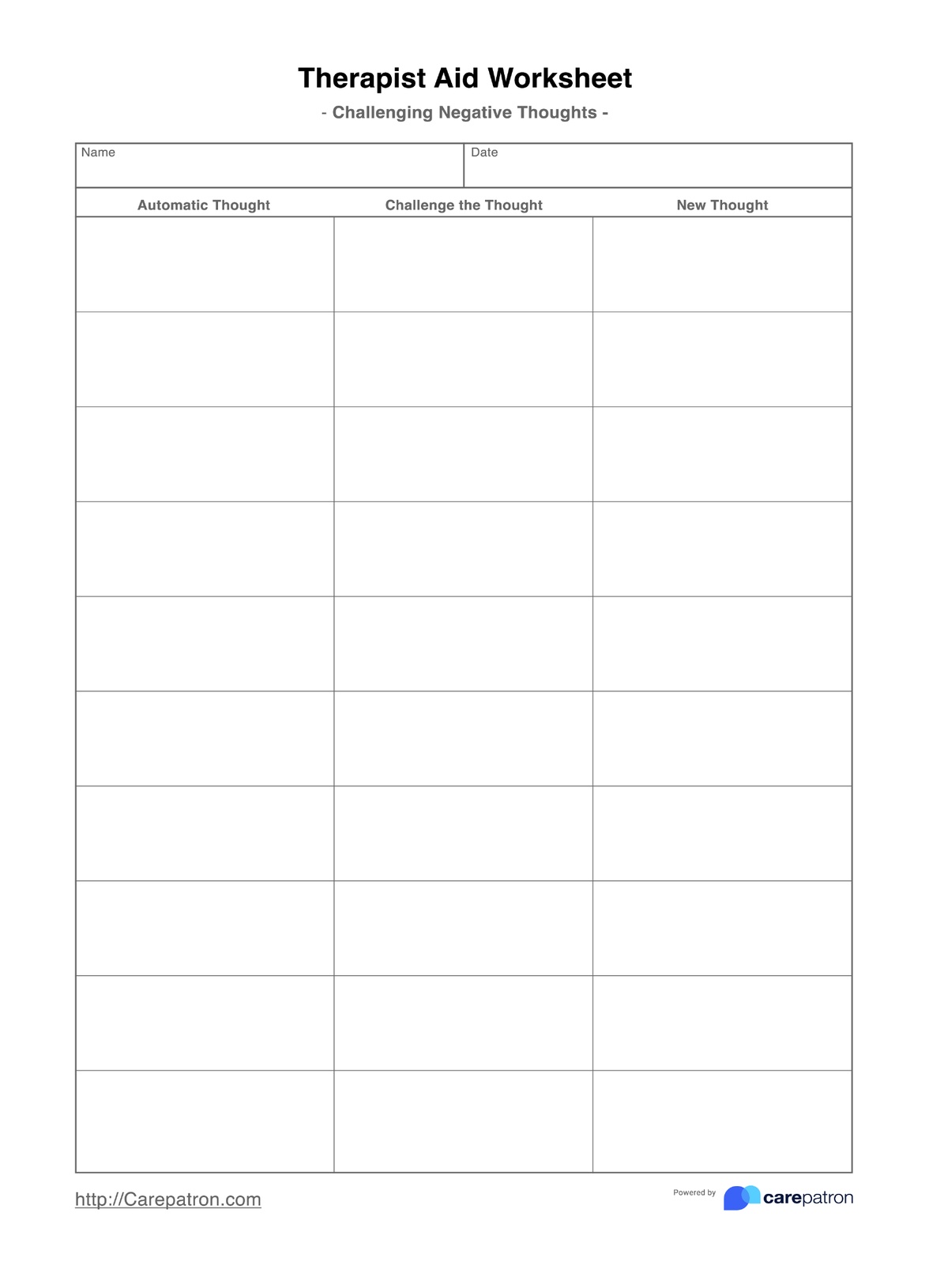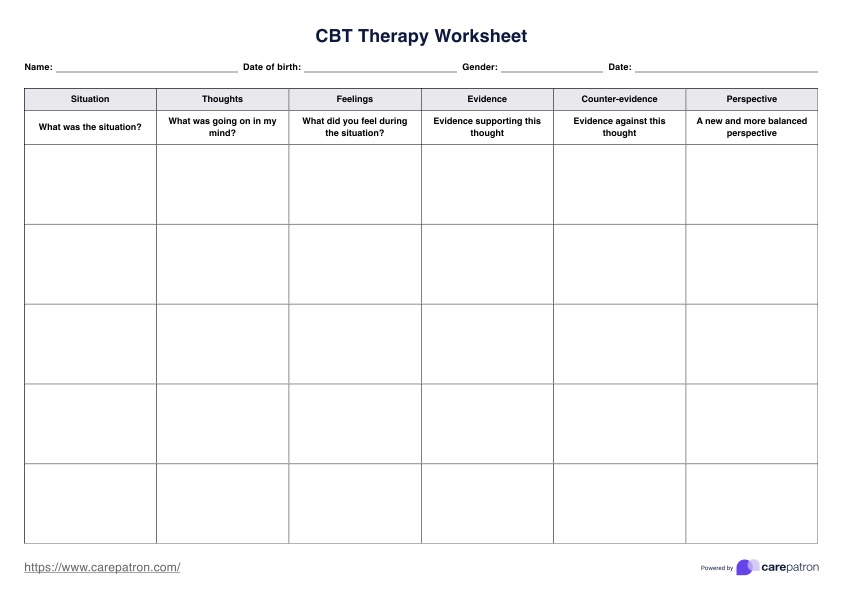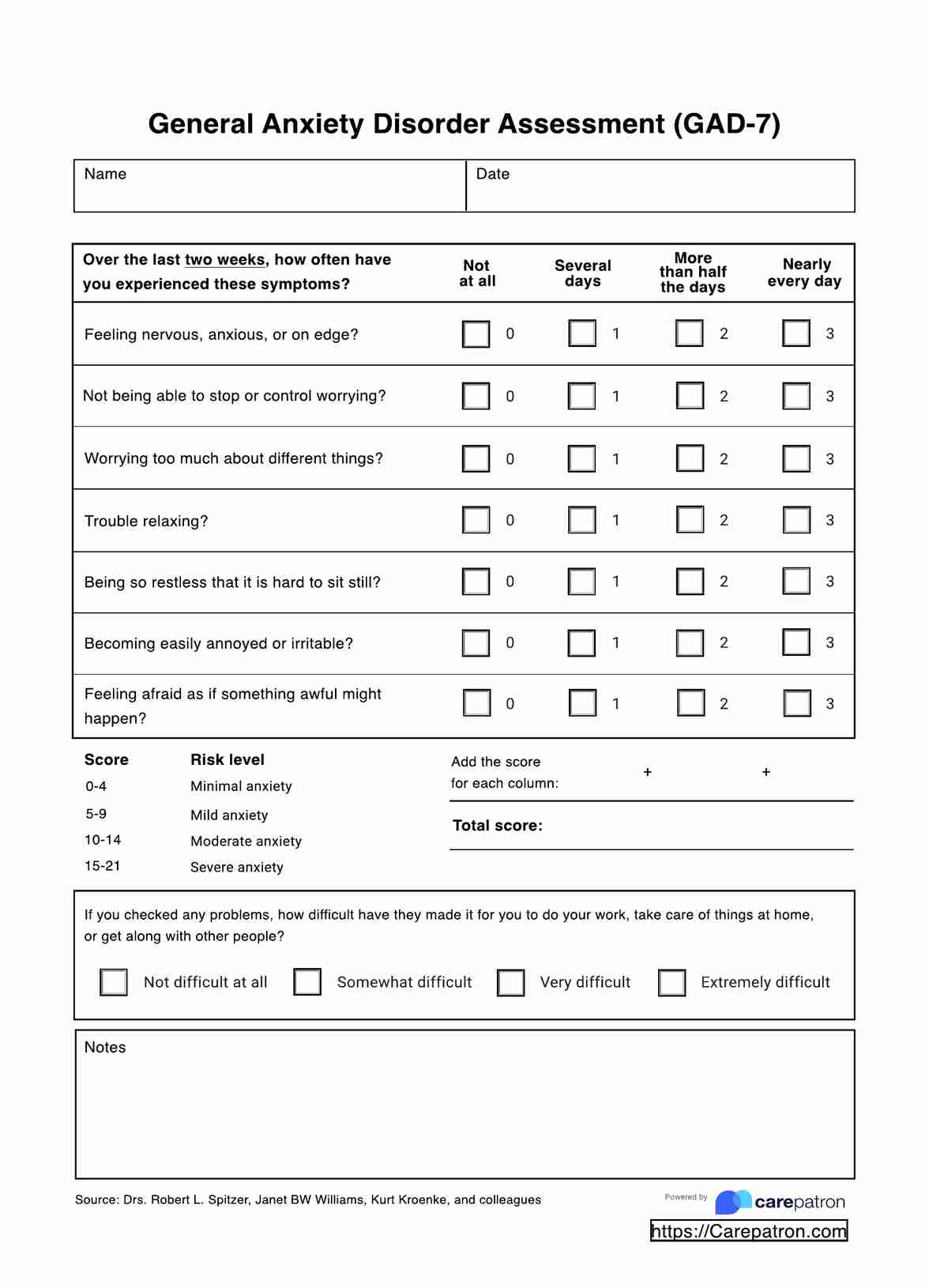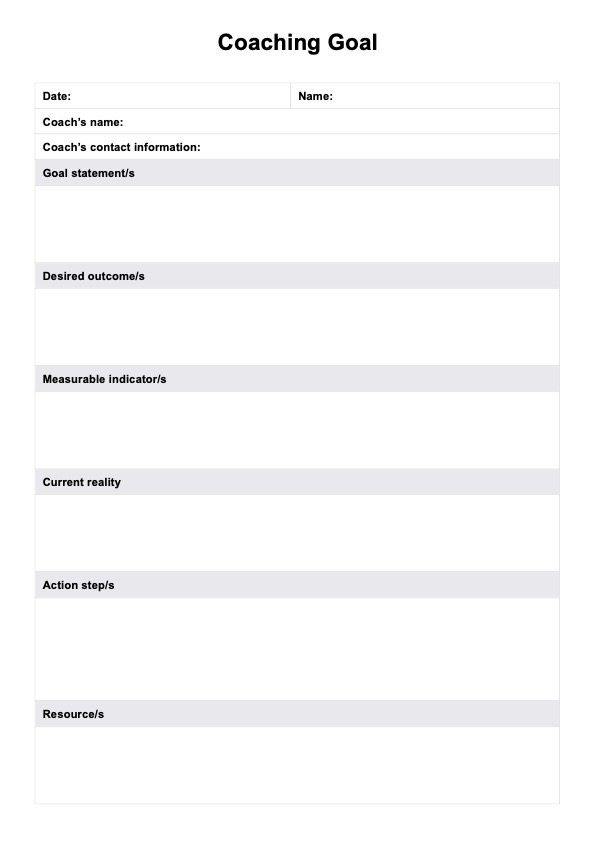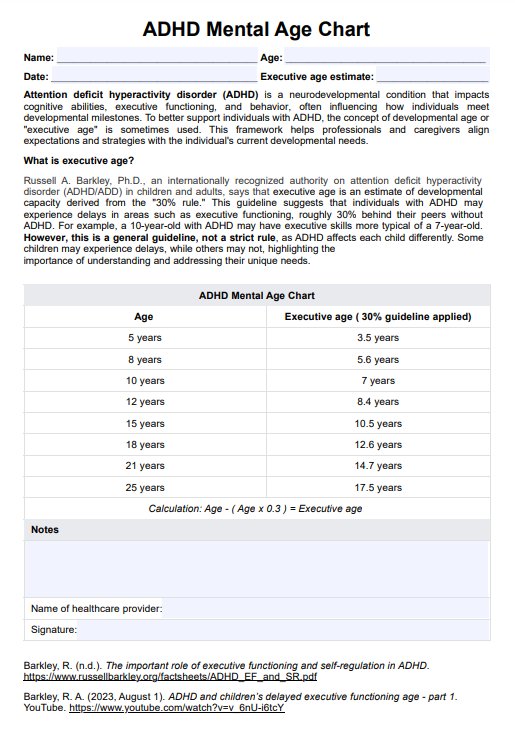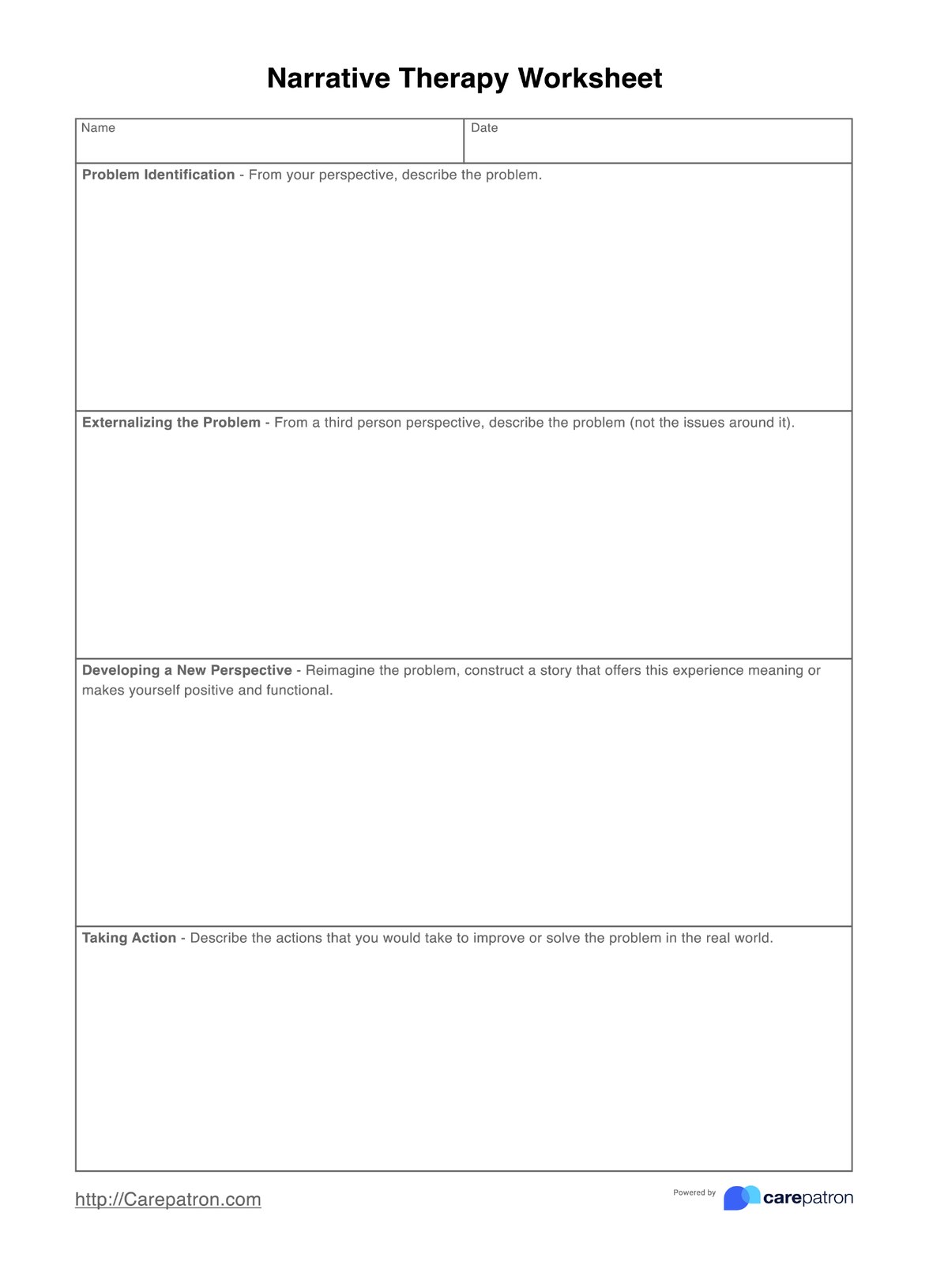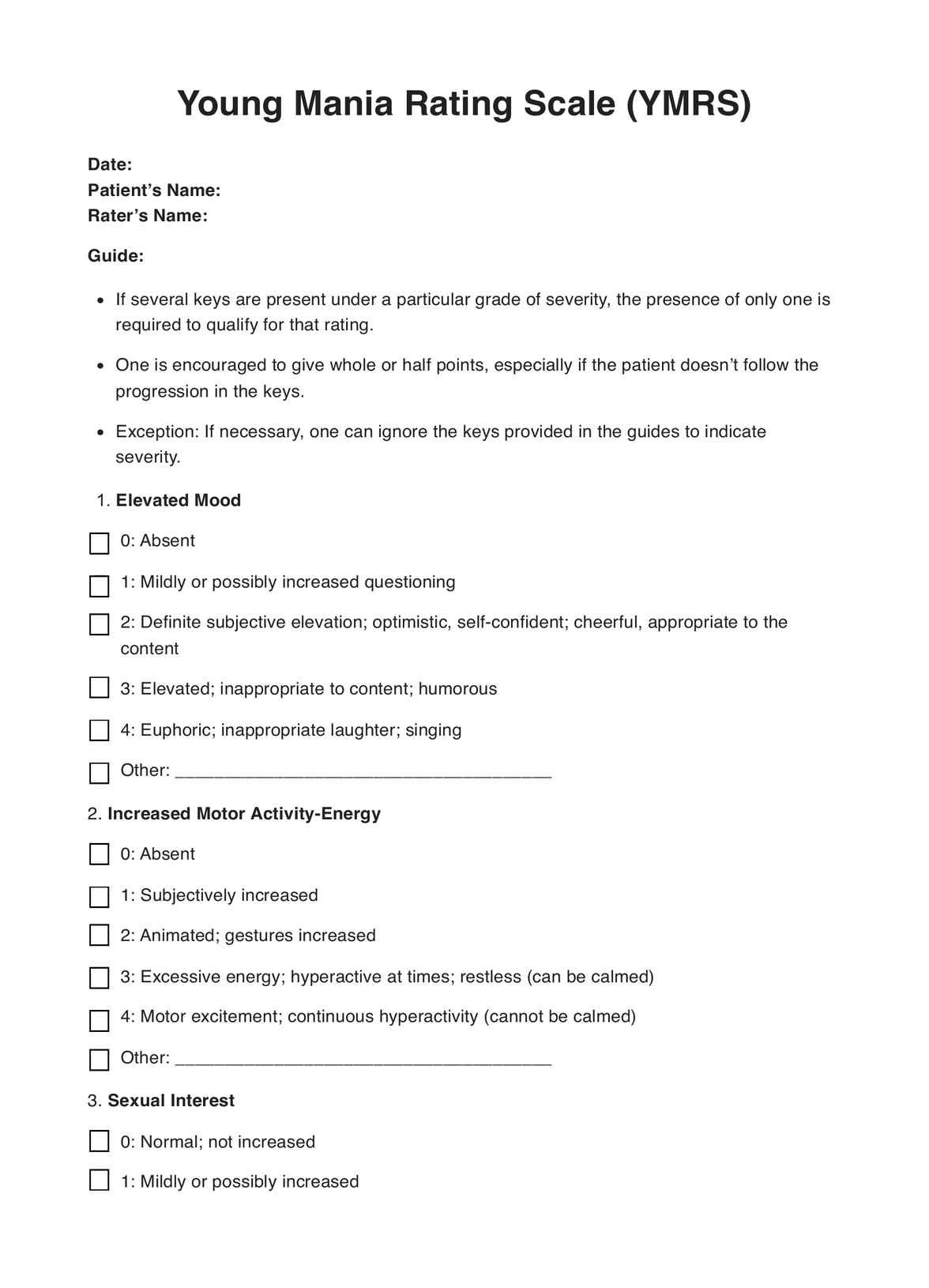Spiritual Practices PTSD Worksheet
Discover the power of the Spiritual Practices PTSD Worksheet. Download the free PDF and explore the example with a focus on the Spiritual Practices PTSD Worksheet.


What is Trauma and PTSD?
Trauma is a profound emotional and psychological response to an event or series of shocking, distressing, or life-threatening events. It disrupts an individual's sense of safety, security, and well-being, leaving a lasting imprint on their mental and emotional state. Familiar sources of trauma include natural disasters, accidents, violence, abuse, and combat experiences.
Post-traumatic stress disorder (PTSD) is a mental health condition that can develop after trauma. It is characterized by a range of distressing symptoms, including intrusive memories, nightmares, flashbacks, avoidance of reminders, heightened arousal, and significant changes in mood and cognition. PTSD can have a profoundly debilitating impact on one's daily life, relationships, and overall mental health.
Spirituality plays a crucial role in the context of trauma and PTSD. While spirituality can encompass religious beliefs, it extends beyond formal religion, encompassing the search for meaning, purpose, and connection to something greater than oneself. Many individuals who have experienced trauma find solace and strength in spiritual practices and beliefs.
Spirituality with PTSD involves harnessing the power of faith, mindfulness, and connection to foster healing and resilience. It emphasizes the importance of a positive outlook, reflection on one's goals and purpose, and the pursuit of inner strength and peace. For some, spirituality may be a guiding light during the darkest moments of trauma recovery, offering hope, belonging, and purpose.
In the journey to heal from trauma and manage PTSD, individuals often explore spiritual practices as part of their holistic approach to well-being. These practices include meditation, prayer, time in nature, yoga, journaling, and more. By integrating spirituality into their lives, individuals seek to find balance, inner calm, and a renewed perspective on their experiences.
The Spiritual Practices PTSD Worksheet is a valuable tool for those navigating the complex terrain of PTSD recovery, as it offers a structured way to explore and incorporate spirituality into their healing journey. It invites individuals to connect with their inner selves, cultivate mindfulness, and seek support from a community of like-minded individuals, ultimately aiding in reclaiming one's life after trauma.
Spiritual Practices PTSD Worksheet Template
Spiritual Practices PTSD Worksheet Example
How to Utilize the Spiritual Practices PTSD Worksheet
The Spiritual Practices PTSD Worksheet is a valuable and structured tool designed to empower individuals toward post-traumatic stress disorder (PTSD) recovery and holistic well-being. This worksheet serves as a comprehensive guide, allowing users to explore various spiritual practices and integrate them into their lives to cope with trauma and foster emotional healing.
Here are the steps to use the worksheet:
Step 1: Selecting Relevant Practices
Begin by perusing the list of spiritual practices provided on the worksheet. Check off the practices that resonate with you and align with your interests and preferences. These practices may include time in nature, meditation, prayer, community service, journaling, reading spiritual books, yoga, and more.
Step 2: Identifying Supportive Community
In this section, list the names of individuals in your social network who share a similar interest in the selected spiritual practices. The support and camaraderie of like-minded individuals can significantly enhance your spiritual journey and PTSD recovery.
Step 3: Reflecting on Past Experiences
Recall and document any instances from your past when you found solace, relief, or a sense of healing through the chosen spiritual practices. This reflection helps you recognize the potential benefits of these practices in your life.
Step 4: Anticipating Challenges
Acknowledge potential obstacles that might hinder your regular engagement with these spiritual practices. By identifying challenges such as time constraints or external commitments, you can develop strategies to overcome them effectively.
By following these steps, you can create a tailored plan for incorporating spirituality into your life and healing from the effects of PTSD. The Spiritual Practices PTSD Worksheet is a versatile and personalized resource, emphasizing the importance of a positive outlook, inner strength, and the pursuit of meaning and purpose in the journey toward emotional well-being.
Whether you are new to spiritual practices or have experience with them, this worksheet can guide you toward a path of recovery, resilience, and growth, with the Spiritual Practices PTSD Worksheet as the keyword showing your way.
When to Use the Spiritual Practices PTSD Worksheet
The Spiritual Practices PTSD Worksheet can be a valuable resource for various individuals and situations, offering structured guidance for those navigating the complex terrain of post-traumatic stress disorder (PTSD) recovery and spiritual well-being.
Here are some of the most appropriate times and scenarios in which this worksheet can be effectively utilized:
PTSD Recovery and Coping
Individuals who have been diagnosed with PTSD or are in the process of recovery can use the worksheet to explore and integrate spiritual practices into their healing journey. This can be especially helpful during heightened stress, triggers, or when seeking additional avenues for emotional support.
Mental Health Professionals (HCPs)
Healthcare professionals, including therapists, counselors, and psychologists, can recommend the Spiritual Practices PTSD Worksheet to their clients as a complementary tool in therapy. It can serve as a resource to encourage clients to explore spirituality as a coping mechanism and facilitate discussions on holistic healing.
Support Groups
Peer support groups for individuals with PTSD can incorporate the worksheet into their sessions. This allows group members to share their experiences, learn from one another, and collectively explore the potential benefits of spiritual practices in their PTSD recovery.
Prevention and Resilience Building
The worksheet can also be used proactively by individuals looking to build resilience against potential future traumatic experiences. Engaging in spiritual practices as a daily routine can help fortify emotional well-being and provide tools for managing stress.
Holistic Well-Being
Even for those who have not experienced trauma or PTSD, the worksheet can be a valuable tool for promoting overall mental and emotional health. It can be used during personal reflection and growth to explore and deepen one's spiritual connection.
The Spiritual Practices PTSD Worksheet is a versatile resource for various individuals and purposes. It can be used by those actively dealing with PTSD, mental health professionals as part of therapy, support groups, individuals seeking resilience, and anyone interested in enhancing their overall well-being through spirituality.
By utilizing this worksheet effectively, individuals and healthcare professionals can foster a deeper understanding of the role of spirituality in healing and self-discovery, with the Spiritual Practices PTSD Worksheet as a guiding keyword.
Benefits of Using the Spiritual Practices PTSD Worksheet
The Spiritual Practices PTSD Worksheet offers a structured and purposeful approach to integrating spirituality into the healing journey of individuals grappling with post-traumatic stress disorder (PTSD). The benefits of utilizing this worksheet are multifaceted and can significantly contribute to one's well-being and recovery. Here are several key advantages:
1. Holistic Healing and Resilience
Research suggests incorporating spirituality into trauma recovery can promote holistic healing and resilience. Spiritual practices emphasize the importance of a positive outlook, inner strength, and a sense of purpose, all of which can bolster an individual's ability to cope with PTSD.
2. Personalized Approach
The worksheet allows individuals to tailor their spiritual practices to their unique preferences and needs. This personalized approach fosters a sense of ownership over one's healing process and promotes a deeper connection with chosen practices.
3. Mindfulness and Emotional Regulation
As the worksheet encourages, spiritual practices like meditation and yoga can enhance mindfulness and emotional regulation. Research indicates that these practices are effective in reducing symptoms of PTSD, including anxiety and hyperarousal.
4. Community and Support
The worksheet prompts users to identify a supportive community of like-minded individuals. Connecting with others with similar interests in spiritual practices can create a sense of belonging and provide valuable support during recovery.
5. Positive Coping Mechanism
As facilitated by the worksheet, incorporating spirituality into one's life offers a positive coping mechanism for managing stress and trauma-related triggers. Spiritual practices provide healthy outlets for processing emotions and finding inner peace.
6. Long-Term Commitment
The worksheet emphasizes that spiritual healing is a long-term commitment, encouraging individuals to view their journey as gradual. This approach aligns with research indicating that long-term engagement with spirituality is associated with sustained improvements in mental well-being.
Incorporating the free Spiritual Practices PTSD Worksheet into one's life can yield these multifaceted benefits, offering a structured and purposeful means to navigate the complexities of PTSD recovery and spiritual well-being. By doing so, individuals can actively participate in their healing journey, fostering resilience, mindfulness, and a sense of community.
Integrating the PTSD worksheet into your treatment plans can boost your practice’s effectiveness and client progress. This template helps in creating structured and individualized approaches to PTSD, ensuring a higher quality of care and better patient results.
Commonly asked questions
The time it takes to complete the Spiritual Practices PTSD Worksheet can vary from person to person. It largely depends on your preferences and the depth of reflection you wish to engage in. Some individuals complete it in one sitting, while others may work on it gradually over days or weeks. The key is approaching it quickly, ensuring the process is meaningful and personally relevant.
The Spiritual Practices PTSD Worksheet is typically accessible online or through mental health professionals who may provide it as a resource during therapy. You can search for it on reputable mental health websites and support organizations or request a copy from your therapist or counselor. Additionally, you may find it in self-help books or workbooks that focus on trauma recovery and holistic healing.
The Spiritual Practices PTSD Worksheet is designed to be a versatile tool suitable for many individuals. It can be used by those actively dealing with PTSD as a means of incorporating spirituality into their healing journey. Mental health professionals, including therapists and counselors, can recommend and guide their clients using this worksheet as part of their therapeutic process. Support groups for individuals with PTSD may also incorporate it into their sessions.
Furthermore, anyone interested in exploring spirituality and its potential benefits for overall well-being can use the worksheet proactively, even if they haven't experienced trauma. It's a resource that encourages self-discovery, resilience, and personal growth.



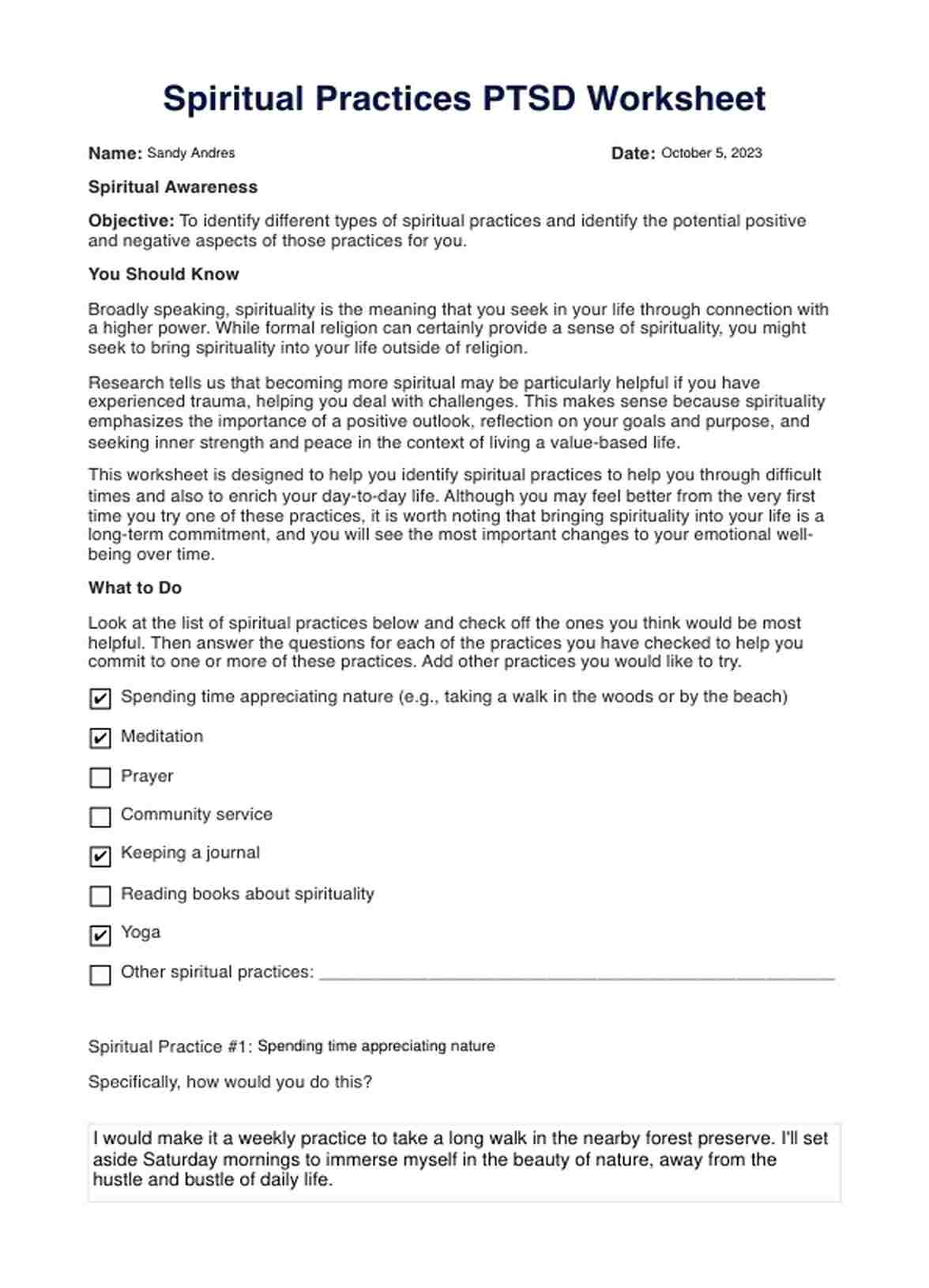
















-template.jpg)




















































































